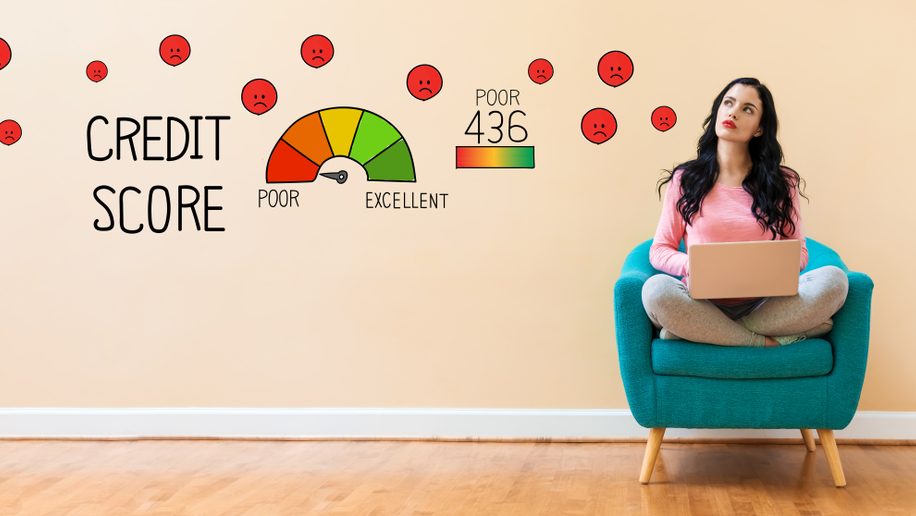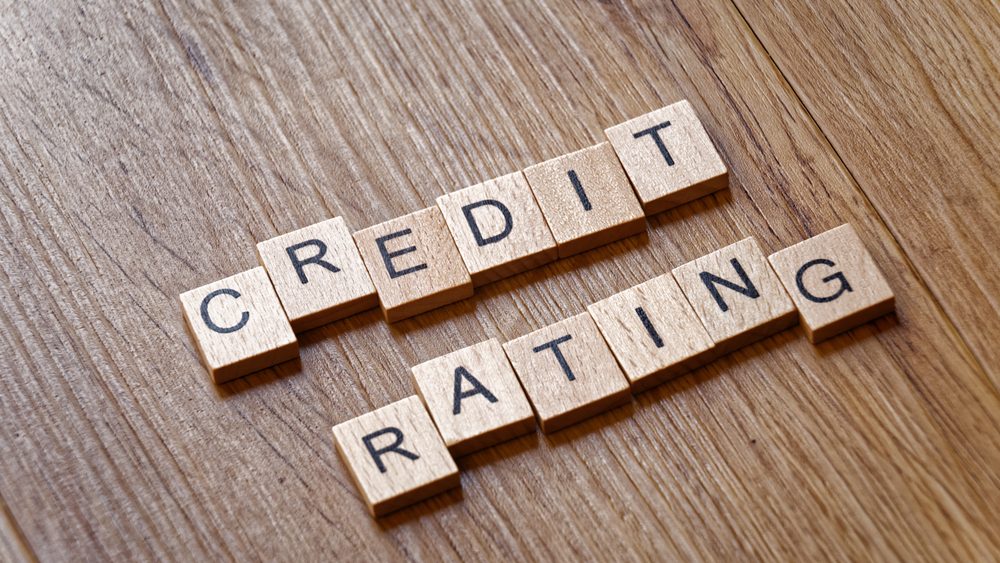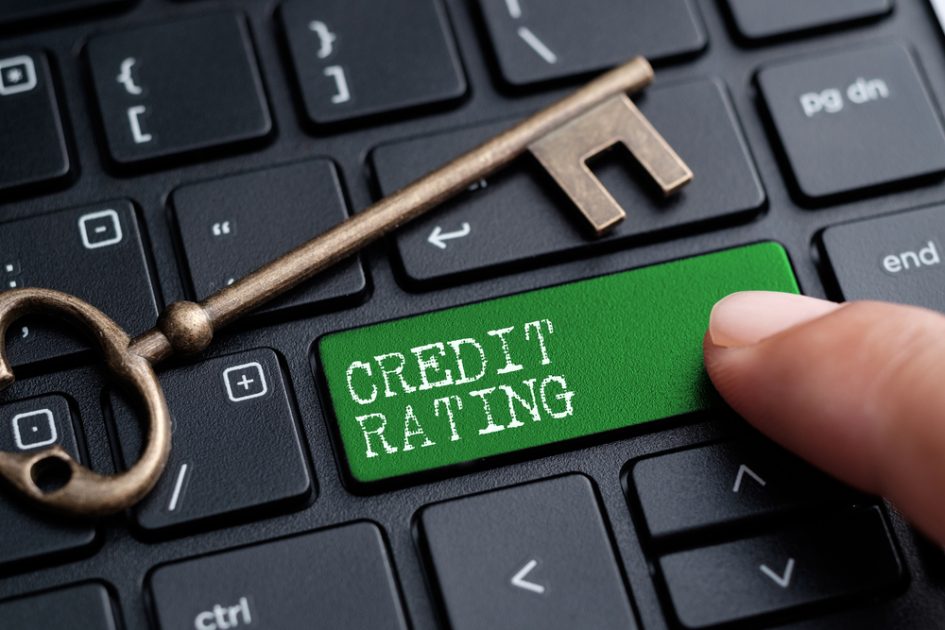Are you looking to make the most of your current credit rating? Whether it’s to get better terms on a loan, find lower rates for an auto insurance policy, or even open a new credit card, having a good credit score can be very beneficial.
In this blog post, we’ll walk you through understanding and improving your credit score and how to make the most of it when you need a loan.
What is a Credit Rating?

Your credit rating (or credit score) is a three-digit number determined by the major credit bureaus (Equifax and TransUnion) that lenders use to evaluate your creditworthiness. It’s based on factors such as payment history, debt levels, credit history length, and account types.
Understanding Your Credit Score

The first step in understanding your credit rating is to get a copy of your credit report. This will show you all the information that goes into calculating your score, including details about past payments, current debts, and any negative marks such as bankruptcies or collections.
Once you understand the factors that go into calculating your score, you can begin to take steps to improve it.
How Do Lenders Use Your Credit Score?

Your credit score is one of the most important factors that lenders consider when you apply for a loan.
A high credit score means you’re a low-risk borrower, which could lead to a lower interest rate on your loan. A low credit score could lead to a higher interest rate and could mean you won’t be approved for the loan.
How to Make the Most of Your Current Credit Rating

There are a few things you can do to make the most of your current credit rating.
Here are some tips:
Pay Your Bills On Time
This is the most important factor in determining your credit score, and making sure you pay all of your bills on time can help to improve it. This is especially true for any credit card account with credit card companies like Visa or Mastercard.
Keep Low Balances
Keeping low balances on your credit cards signals to lenders that you are a responsible borrower and have control over your finances. Avoid running up large balances if you can.
Maintain Low Loan-To-Value Ratios
When you take out loans, such as a mortgage or auto loan, having low loan-to-value ratios (LTVs) is important to lenders. This means that the loan amount you request should not be more than 90% of the asset you’re buying.
Pay Down Debt
Paying down your debt can help to improve your credit score and prove to lenders that you are serious about taking control of your finances.
Monitor Your Credit Report Regularly
It’s essential to keep an eye on your credit report to ensure all information is accurate and up to date. You can request a free copy of your credit report once a year from the major credit bureaus.
Manage Your Credit Utilization Rate
Your credit utilization rate is the amount of available credit you use compared to your total credit limit. Keeping it below 30% is ideal, as this shows lenders that you can responsibly manage large amounts of credit.
How Will My Credit Score Impact My Interest Rate?

If you have a good credit score, you can expect to receive lower interest rates on loans and credit cards. A higher credit score indicates to lenders that you’re a lower-risk borrower, which means you’re more likely to repay your debts on time.
This can save you money in the long run, as you’ll pay less in interest over the life of your loan.
If your credit score isn’t as high as you’d like, don’t worry – there are still ways to save on interest.
One way is to shop around for the best rates. Another is to make the most of your current credit rating by taking advantage of 0% APR credit card offers and promotional rates on loans.
Remember to always make your payments on time regardless of your credit score. This is the best way to improve your credit score over time.
Tips on How to Improve Your Current Credit Rating

If your credit score needs some work, you still have options. Here are some tips on how to improve your credit rating:
Pay Your Bills on Time
Your payment history is one of the most critical factors in your credit score. Be sure to pay all of your bills on time, every time.
If you’re having trouble keeping up with your payments, contact your creditors to arrange a payment plan.
Keep Your Credit Card Balances Low
Your credit utilization ratio, which is the percentage of your credit limit that you’re using, is another crucial factor in your credit score. To keep your ratio low, keep your credit card balances below 30% of your credit limit.
Don’t Open New Credit Accounts Unless You Need To
Every time you open a new credit account, it causes a hard inquiry on your credit report. Too many hard inquiries can hurt your credit score.
So, only open new credit accounts when you absolutely need to.
Check Your Credit Report for Errors
Mistakes in your credit report can hurt your credit score. Be sure to check your report regularly for errors and dispute any that you find.
Following these tips can help you improve your credit rating. A higher credit rating could save you money on your next loan.
Conclusion
A good credit rating is essential for taking advantage of loan terms, auto insurance policies, and credit cards. Taking the time to understand your credit score and learning ways to improve it can help you make the most of the opportunities that come your way. With a little effort and research, you can be well on your way to obtaining better loan terms, lower rates, and new financial possibilities.
If you have low credit or poor credit, SkyCap Financial can help. We offer installment loans to people with less-than-perfect credit. Our interest rates are competitive, and we work with you to ensure you can afford your payments. Apply today!







